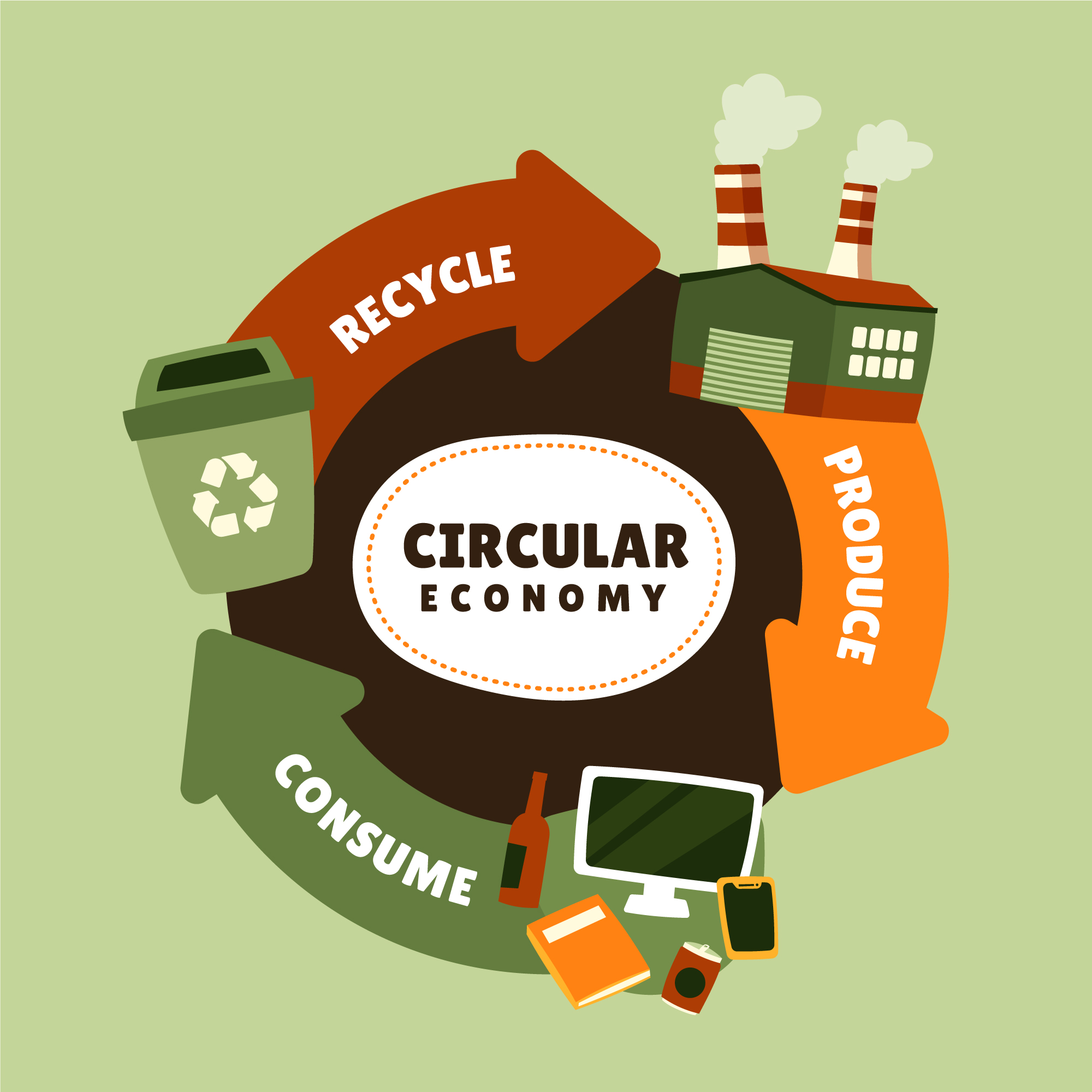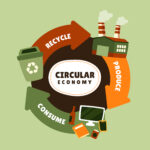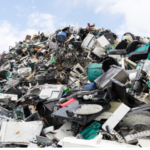
Understanding E-Waste: What It Is and Why It Matters
Introduction:
In today’s digital age, electronic devices have become an integral part of our daily lives. From smartphones to laptops, tablets to televisions, we rely on these gadgets for communication, entertainment, work, and more. However, with the rapid advancement of technology comes a significant challenge: electronic waste, or e-waste. In this blog post, we’ll delve into the basics of e-waste, exploring what it is, why it matters, and the implications of its improper disposal.
E-waste refers to discarded electronic devices and electrical equipment that have reached the end of their useful life or are no longer wanted by their owners. This includes a wide range of items, such as computers, mobile phones, televisions, printers, refrigerators, and more. Essentially, any electronic product that is no longer functional or needed falls under the category of e-waste.
Why Does E-Waste Matter?
One of the primary reasons why e-waste matters is its significant environmental impact. Many electronic devices contain hazardous materials such as lead, mercury, cadmium, and brominated flame retardants. When improperly disposed of, these toxic substances can leach into the soil and water, contaminating ecosystems and posing risks to human health and wildlife. E-waste also contributes to air and water pollution, further exacerbating environmental degradation.
2. Resource Depletion:
Electronic devices contain valuable resources, including precious metals like gold, silver, and copper, as well as rare earth elements and other materials. When these devices are discarded instead of recycled, these resources are lost and often end up in landfills. Recycling e-waste allows for the recovery and reuse of these valuable materials, reducing the need for new raw materials and conserving natural resources.
3. Public Health Concerns:
Improper handling and disposal of e-waste can have serious implications for public health. Workers involved in informal recycling practices, particularly in developing countries, are often exposed to hazardous chemicals and fumes, leading to respiratory problems, skin diseases, and other health issues. Additionally, toxic substances released during the recycling and disposal process can contaminate air, water, and soil, posing risks to nearby communities.
4. Data Security Risks:
Electronic devices often contain sensitive information, including personal data, financial records, and proprietary business information. Improper disposal of these devices can lead to data breaches and identity theft if the information is not securely erased or destroyed. Protecting data privacy and ensuring secure disposal of electronic devices is essential to mitigate these risks.
Conclusion:
E-waste is a growing global challenge with far-reaching environmental, economic, and social implications. By understanding the basics of e-waste and its significance, we can take steps to mitigate its impact through responsible consumption, recycling, and proper disposal practices. It is imperative for individuals, businesses, and governments to work together to address the e-waste crisis and transition towards a more sustainable and circular economy.





